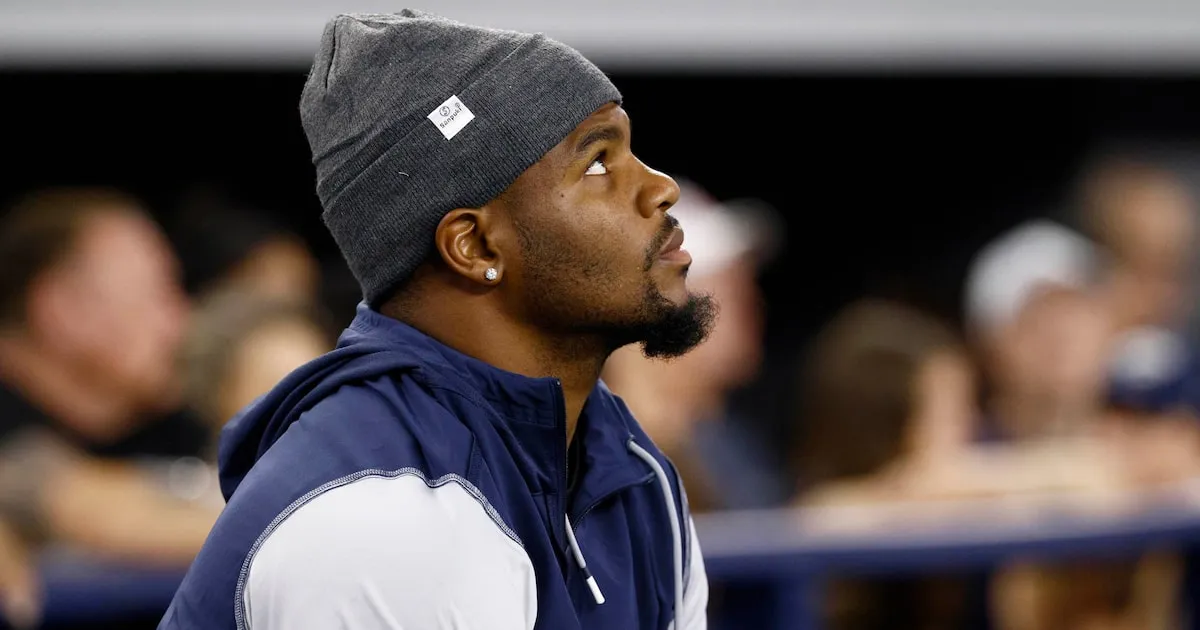
The future contract of Cowboys star pass rusher Micah Parsons has become a topic of significant interest, not only because of his outstanding performance on the field but also due to a pending grievance involving his current contract. According to a source familiar with the situation, Parsons has filed a grievance against both the NFL and the Dallas Cowboys, as reported by The Dallas Morning News. The existence of this grievance was initially disclosed by Pro Football Talk.
As Parsons enters the final year of his rookie deal, there are implications for his compensation moving forward. For first-round draft picks like Parsons, teams have the option to exercise a fifth-year option on their contracts. This compensation is calculated based on several factors, including player accolades, playing time, and, notably, their position on the field.
In a surprising decision, the NFL designated Parsons as a defensive end instead of the linebacker position at which he was originally drafted. This classification has significant financial implications; if Parsons had been categorized as a linebacker, he would be set to earn a base salary of just over $24 million this season. However, as a defensive end, his expected base salary drops to $21.34 million—a decrease of more than $2.5 million.
The Dallas Cowboys have previously referenced the NFL's formula for position designation as the basis for their decision regarding Parsons' contract. An NFL spokesman informed The News that the league intends to "vigorously defend against this claim." This assertion highlights the seriousness of the issue and indicates that the dispute may not be resolved easily.
According to analytics from Pro Football Focus, Parsons took 515 snaps on the defensive line last season, compared to 241 snaps as a linebacker. However, the nuances of these snap counts add complexity to the situation. A notable detail is that 385 of those defensive line snaps were categorized as REO (Right End Outside) and LEO (Left End Outside). This designation implies that Parsons lined up outside the offensive tackle but had his hand on the ground at the snap, blurring the lines between linebacker and defensive end designations.
This isn't the first time position designations have led to contract disputes in the NFL. A notable example occurred in 2014 when Jimmy Graham, then of the New Orleans Saints, argued he was a wide receiver rather than a tight end. This classification had a significant impact on franchise tag compensation, which differed by over $5 million. Graham's case was compelling, as he lined up in the slot or outside on approximately 67% of his passing plays the previous year, according to ESPN. Ultimately, an independent arbitrator ruled in favor of the Saints, deeming Graham a tight end, although they later reached an extension agreement.
The distinction regarding Parsons' position may ultimately become moot if he and the Cowboys can negotiate a long-term extension. However, until that agreement is reached, both the grievance and the future of Parsons' contract remain in limbo. As discussions continue, fans and analysts alike will be watching closely to see how this situation unfolds.
For updates on this developing story, follow us on Twitter: @JoeJHoyt.